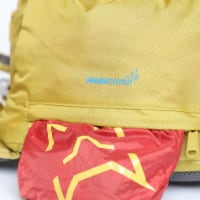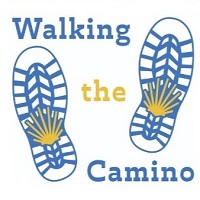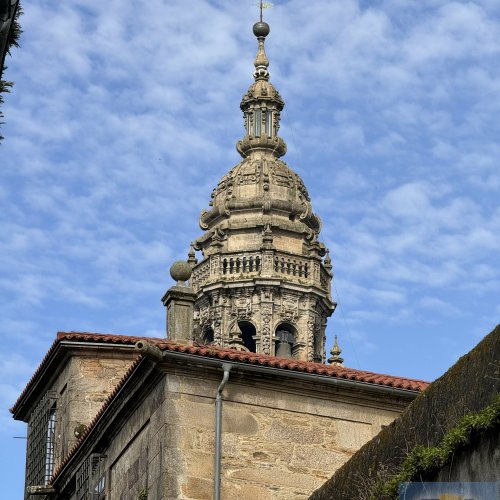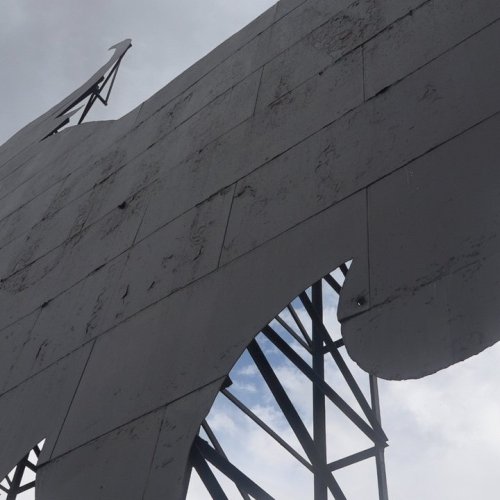Angie94
Active Member
- Time of past OR future Camino
- Camino Frances - 2016 www.angie-carter.com/camino
https://youtu.be/PtE_hvREZc4
I have been attempting to learn some Spanish for the last few months. I am using a couple of different methods (programs) but much of what I am learning will not necessarily apply to what I might need while walking the camino, although I will continue with my studying as I hope to become fluent some day. But for now, I was wondering if I might get a bit of help with some specific phrases that can be used on the camino. And questions that might be asked of me in Spanish, for example I didn't even know what "Que tal?" was until the other day when I was reading a book written by someone who walked the camino, (which means How's it going?) I tried to search through the threads and see if this request has already been asked but couldn't find it if it has. I have picked up a few of the more important ones (from the couple of pages of translations offered in the John Brierley guide book) such as how to make a reservation and where is the bathroom! Thanks in advance...

















